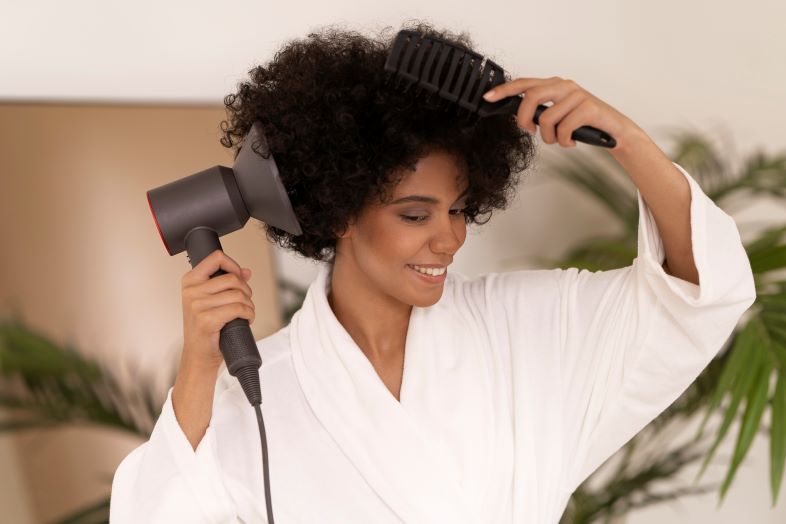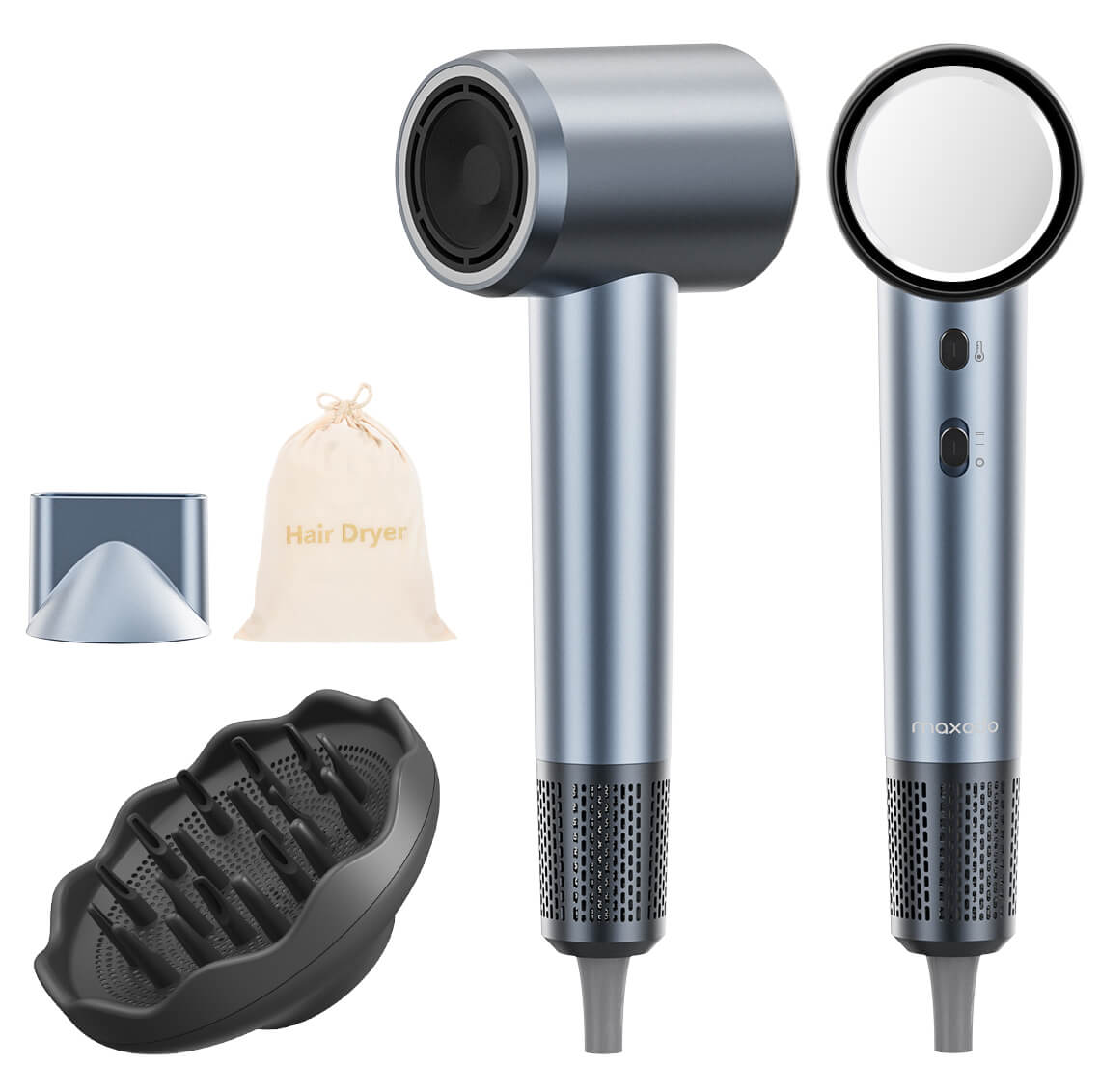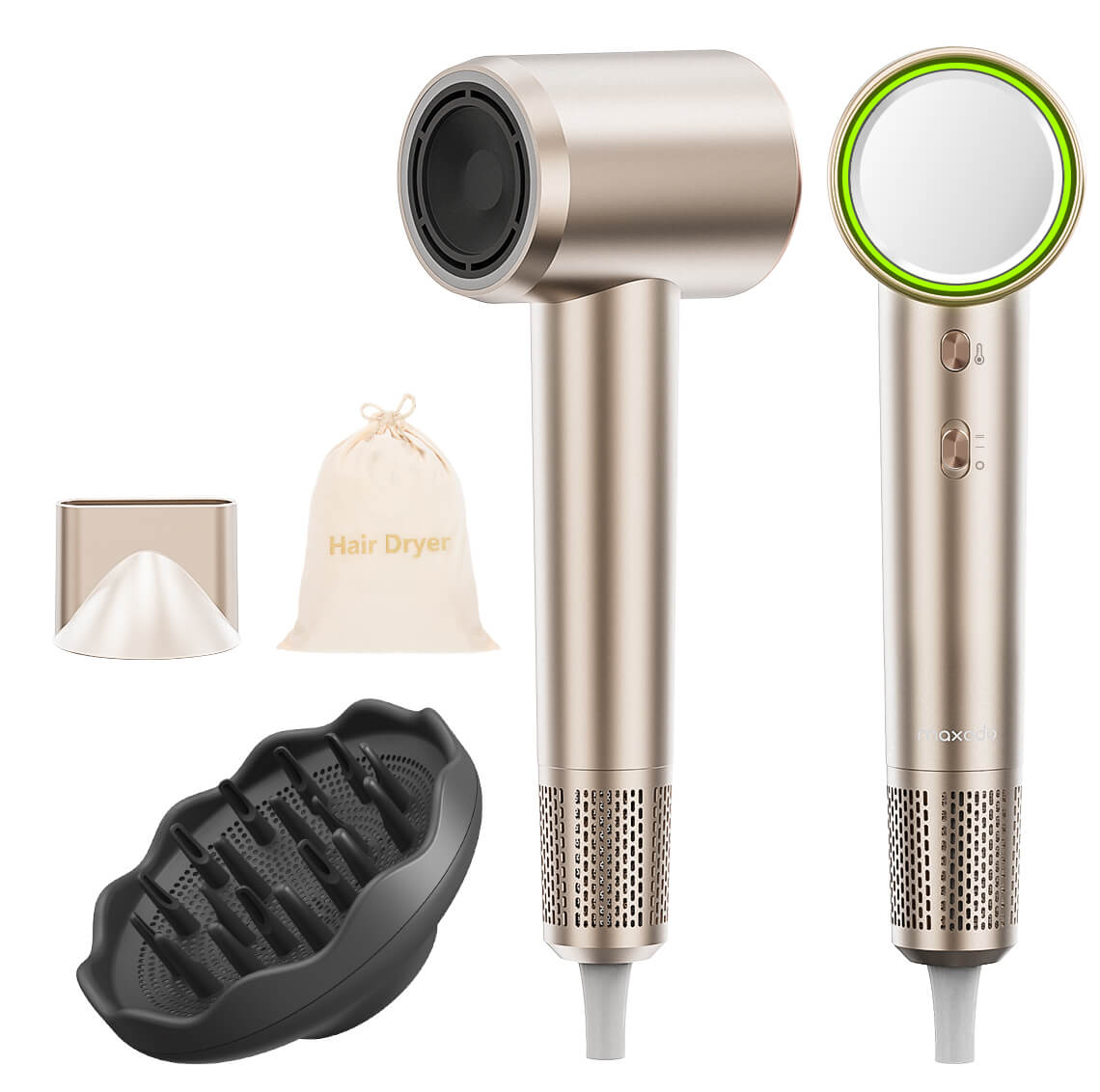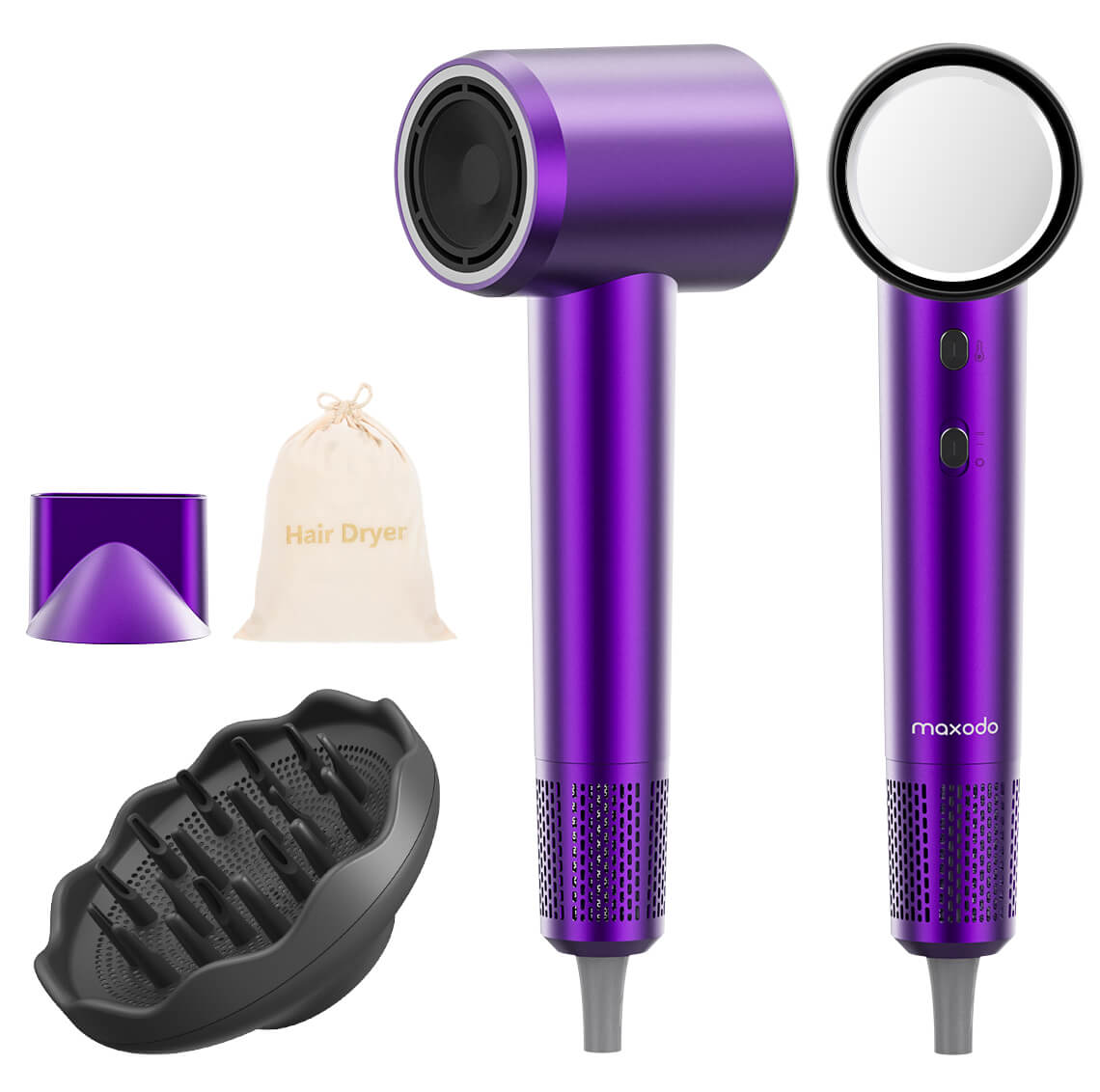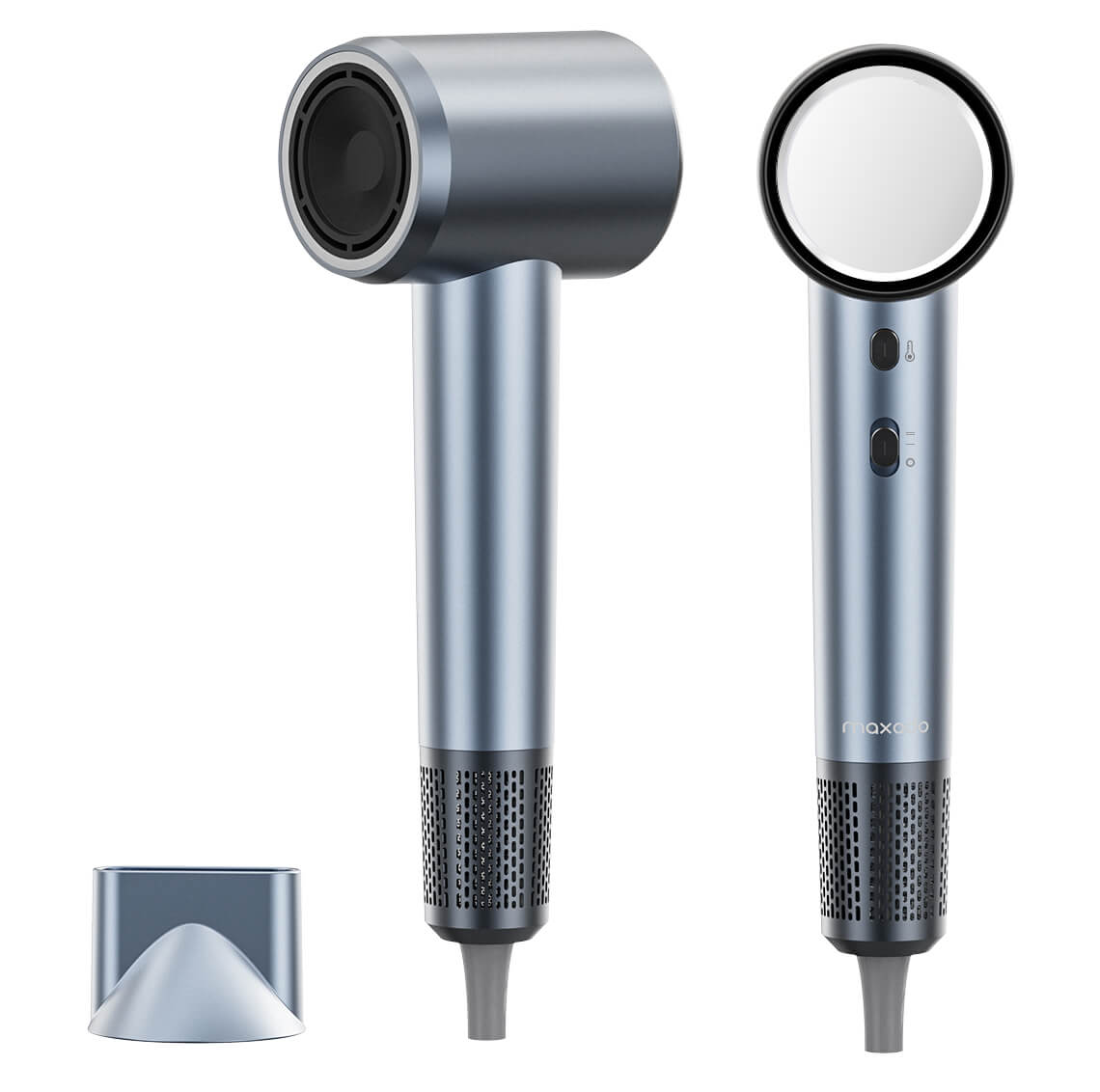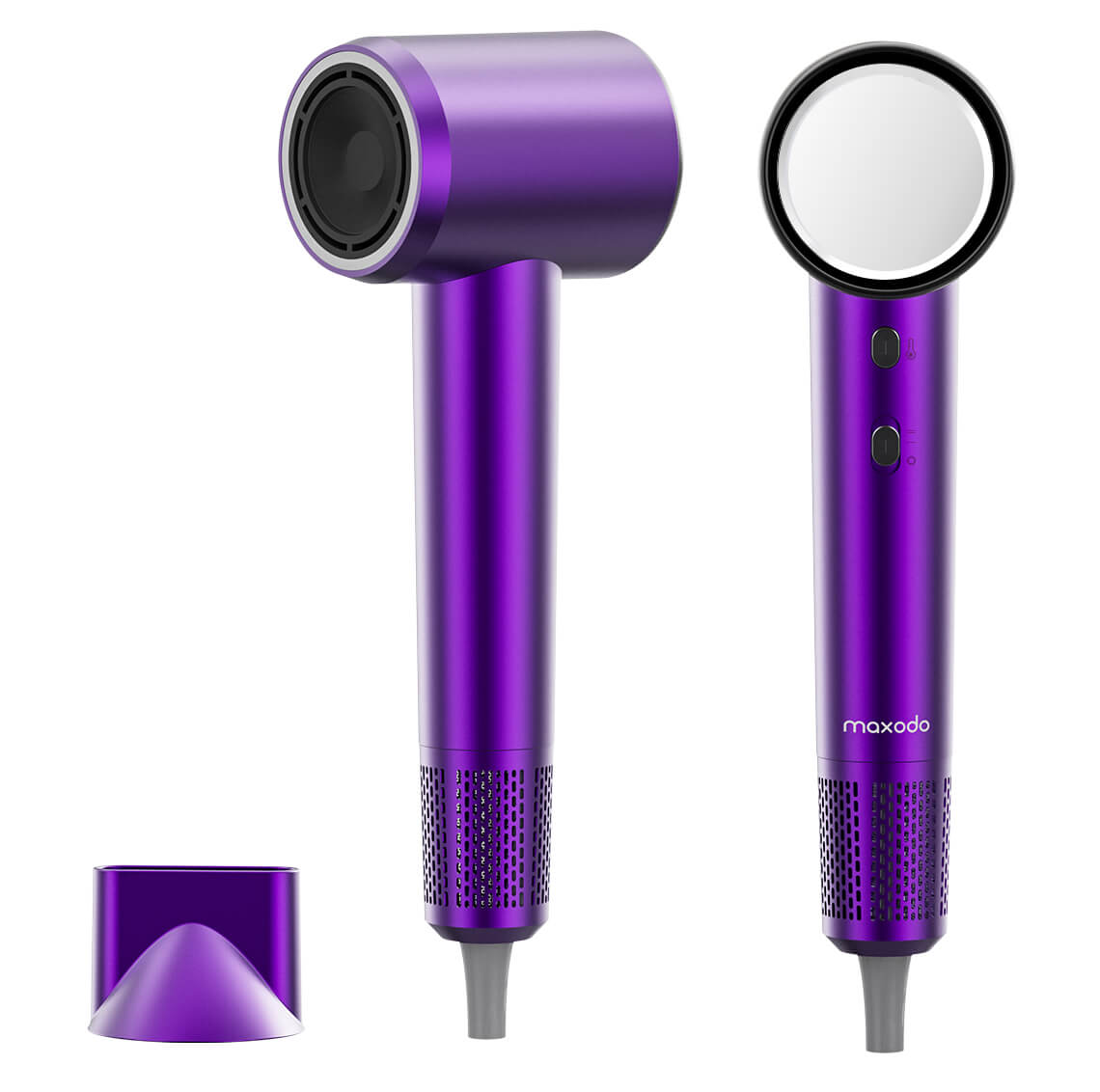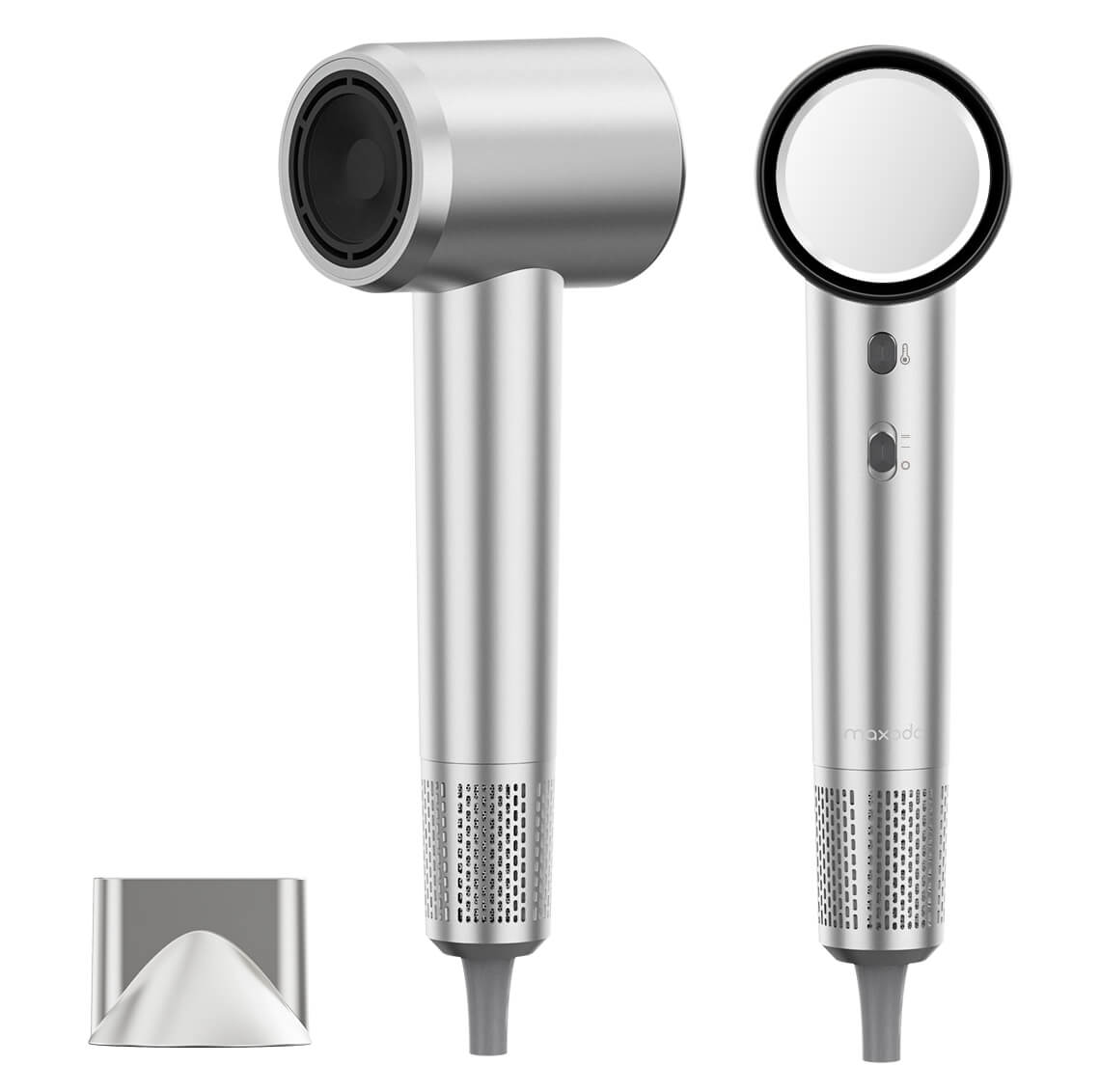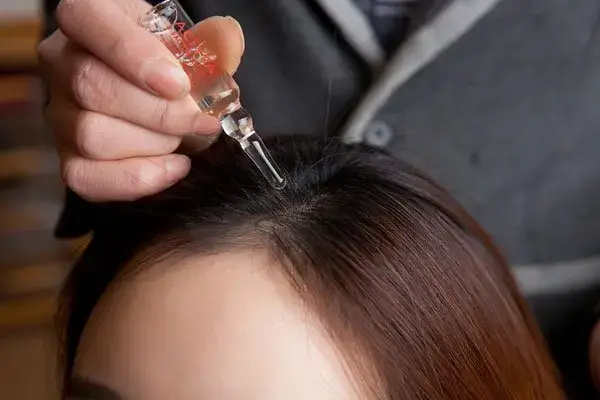
- Home
- Hair Dryer
- Hair Care Tips
- Natural Oils for Hair Care: Which Ones Work Wonders?
Natural Oils for Hair Care: Which Ones Work Wonders?
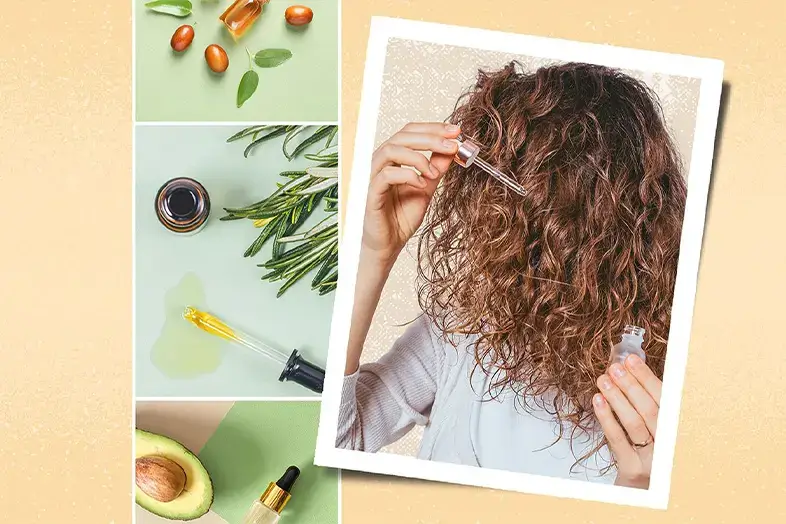
Welcome to our journey into the world of natural oils and their transformative powers on hair care. For centuries, various cultures around the globe have harnessed the nourishing properties of natural oils to enhance the health, beauty, and vitality of hair. These oils, extracted from plants, nuts, and seeds, are rich in vitamins, minerals, and fatty acids, essential components for maintaining healthy hair.
In this blog, we will explore the magic behind natural oils and how they can be incorporated into your hair care routine to address a myriad of concerns, from dryness and damage to promoting growth and enhancing shine. Whether you’re a seasoned natural oil enthusiast or new to the concept, this guide aims to enlighten you with practical insights, DIY recipes, and expert tips to unlock the full potential of these natural wonders for your hair.
The Basics of Hair Oil
Understanding How Oils Benefit Hair
Hair oils play a crucial role in not only moisturizing and conditioning the hair but also in protecting it from environmental stressors. They work by penetrating the hair shaft to replenish moisture, seal cuticles to prevent split ends, and even stimulate the scalp to promote healthy hair growth. The right oil can act as a multitasker, offering a shield against heat styling, reducing frizz, and adding a lustrous shine to your mane.
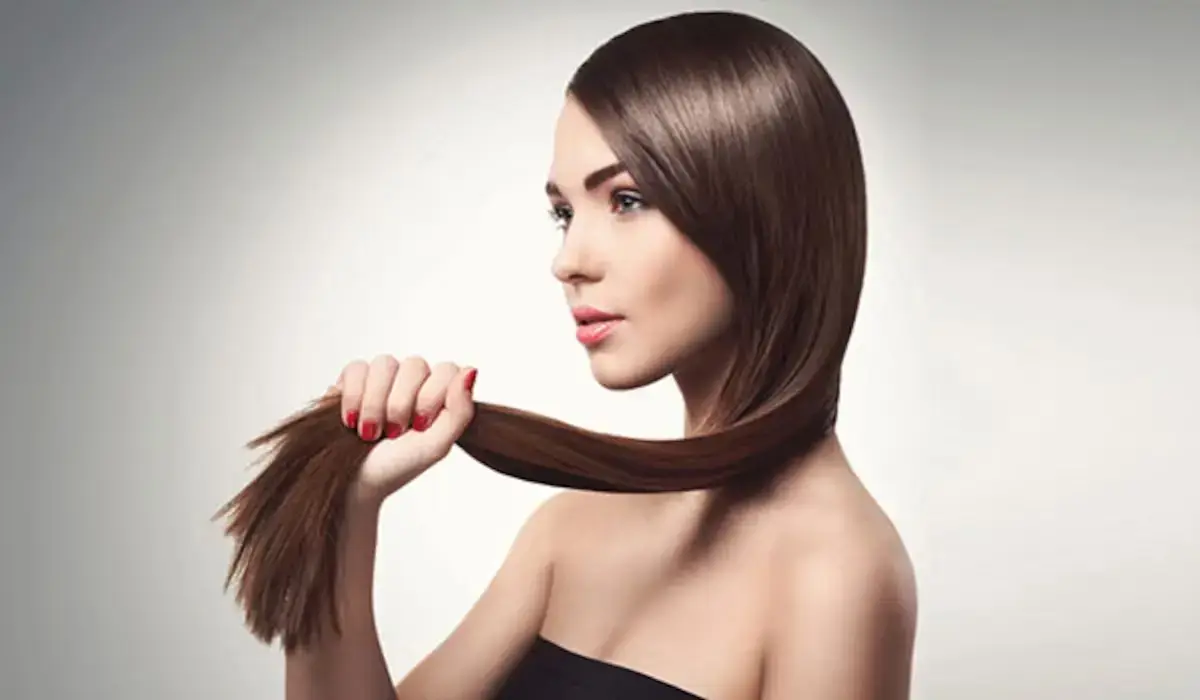
The Difference Between Carrier Oils and Essential Oils
It’s essential to distinguish between carrier oils and essential oils. Carrier oils, such as coconut, olive, and jojoba, are derived from the fatty portions of plants and can be used directly on the skin and hair. They serve as the base in which essential oils can be diluted for application. Essential oils, like lavender and rosemary, are concentrated extracts and must be used sparingly, usually a few drops mixed with a carrier oil, due to their potent properties. Understanding this distinction is key to safely and effectively incorporating oils into your hair care routine.
Top Natural Oils for Hair Care
Coconut Oil: Deep Conditioning and Growth
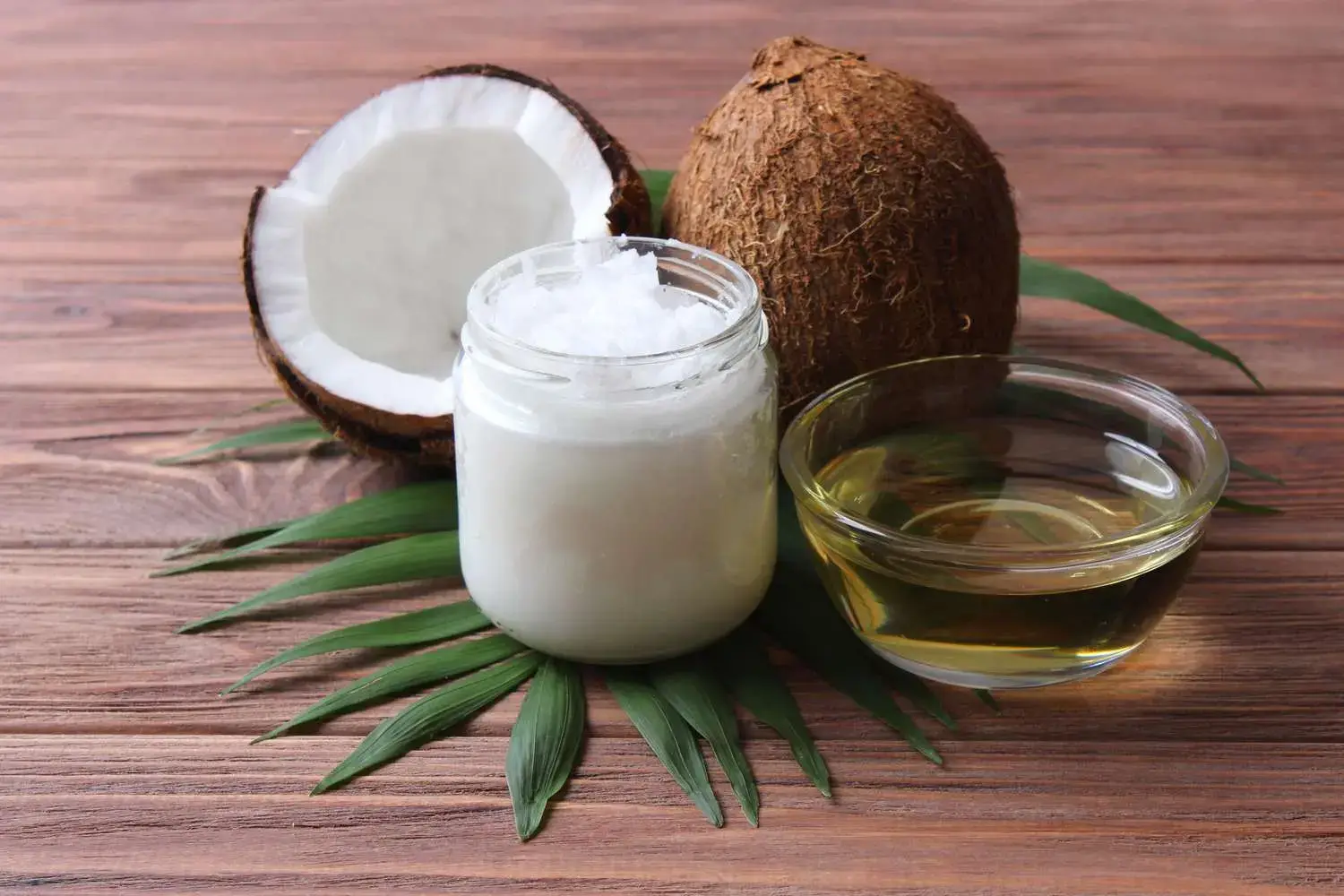
Coconut oil is celebrated for its deep conditioning properties, thanks to its unique ability to penetrate the hair shaft and moisturize from within. Rich in lauric acid, it strengthens the roots and strands, reducing protein loss and promoting hair growth. It’s ideal for all hair types but particularly beneficial for dry, brittle hair in need of intense hydration.
Argan Oil: Frizz Control and Shine
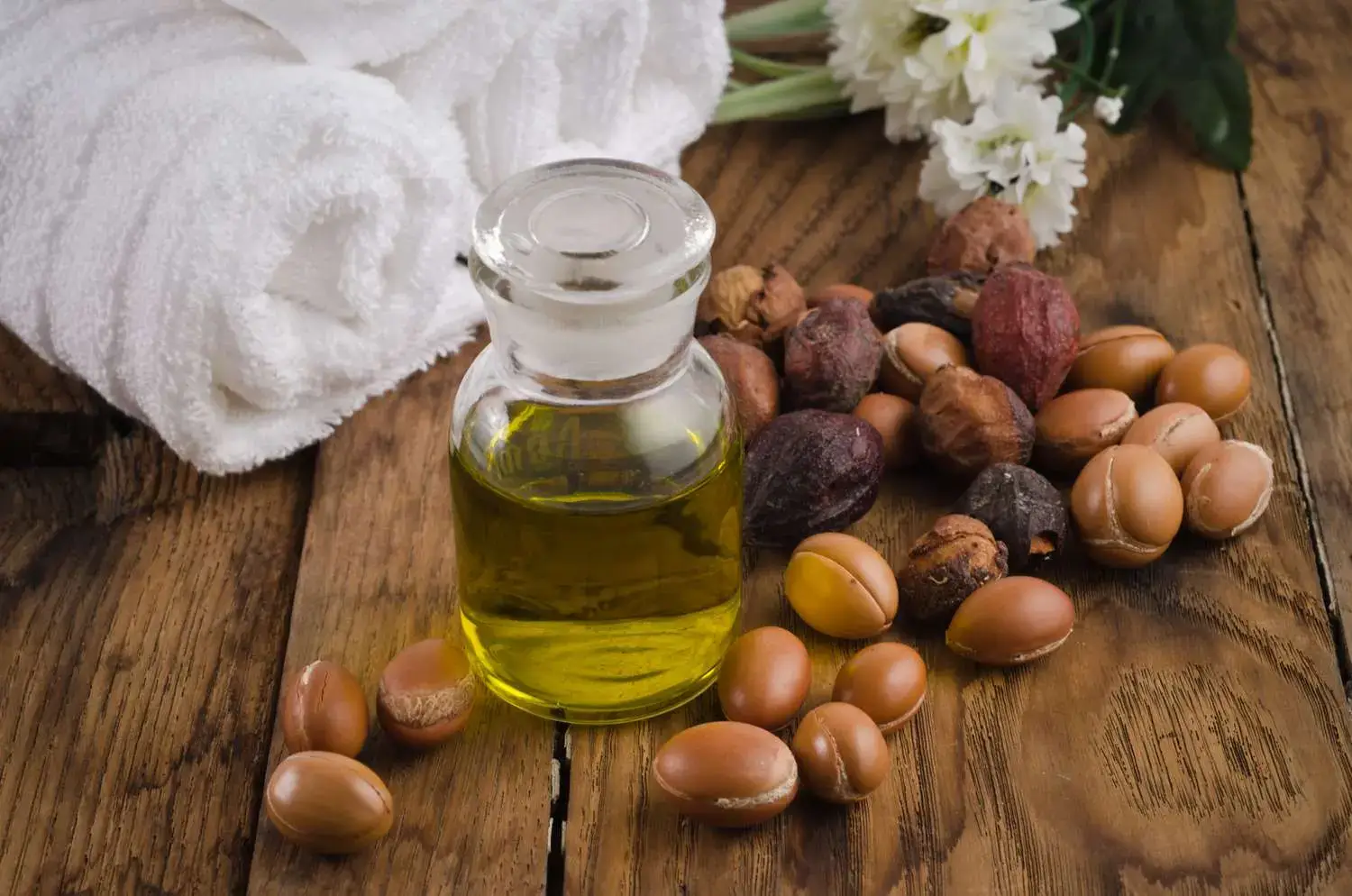
Often dubbed ‘liquid gold,’ argan oil is a powerhouse of antioxidants and vitamin E, making it perfect for controlling frizz and adding a healthy shine. It’s lightweight and non-greasy, ideal for smoothing hair and providing a protective layer against heat and styling damage. Argan oil is especially suited for those with fine to normal hair textures looking to enhance luster without weighing hair down.
Jojoba Oil: Scalp Health and Moisture Balance
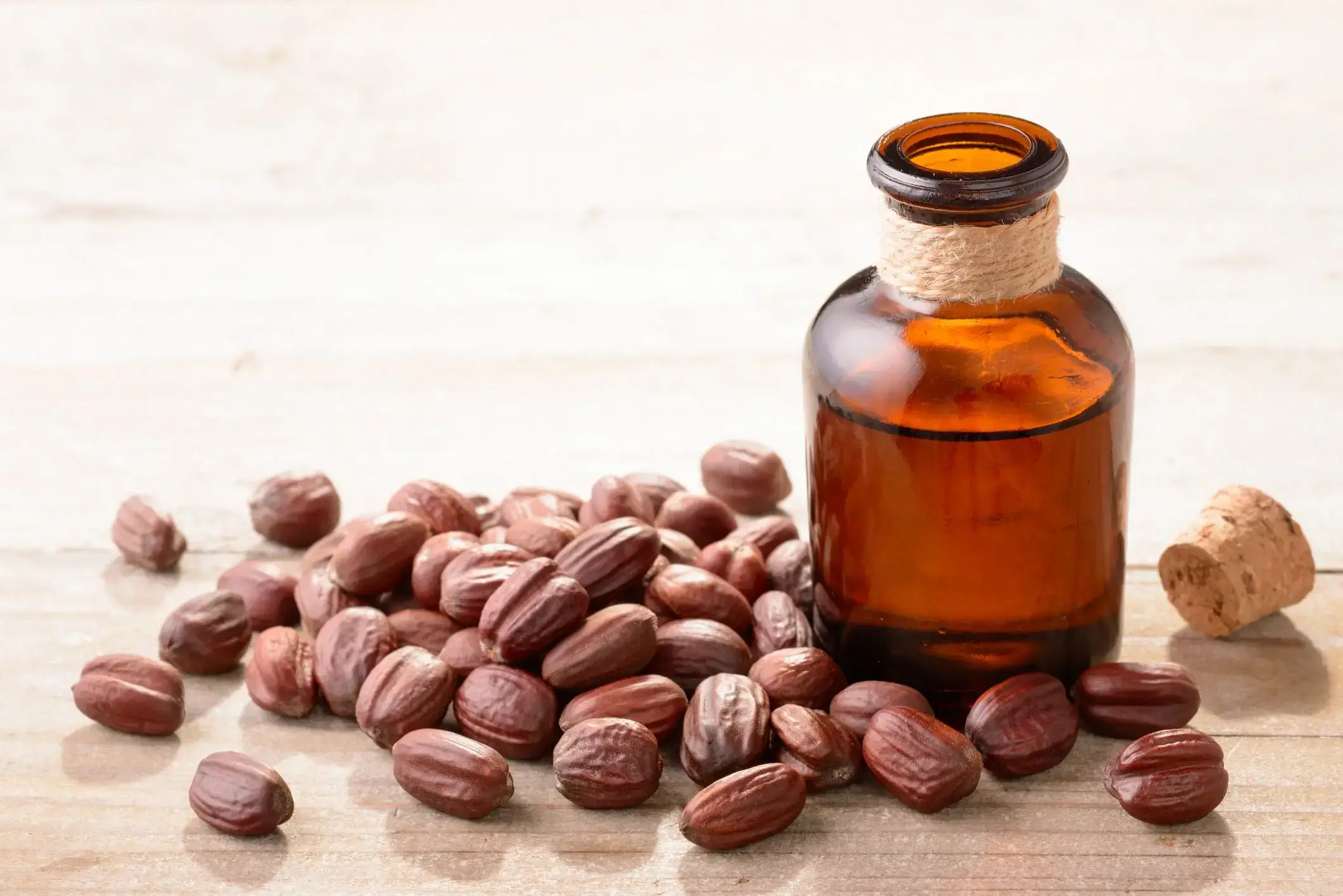
Jojoba oil’s composition closely resembles the natural oils produced by the scalp, making it an excellent choice for maintaining moisture balance and promoting scalp health. It can help regulate sebum production, alleviate dandruff, and provide relief from scalp conditions. Jojoba oil is great for all hair types, especially those prone to scalp issues or with oily roots and dry ends.
Castor Oil: Thickness and Growth
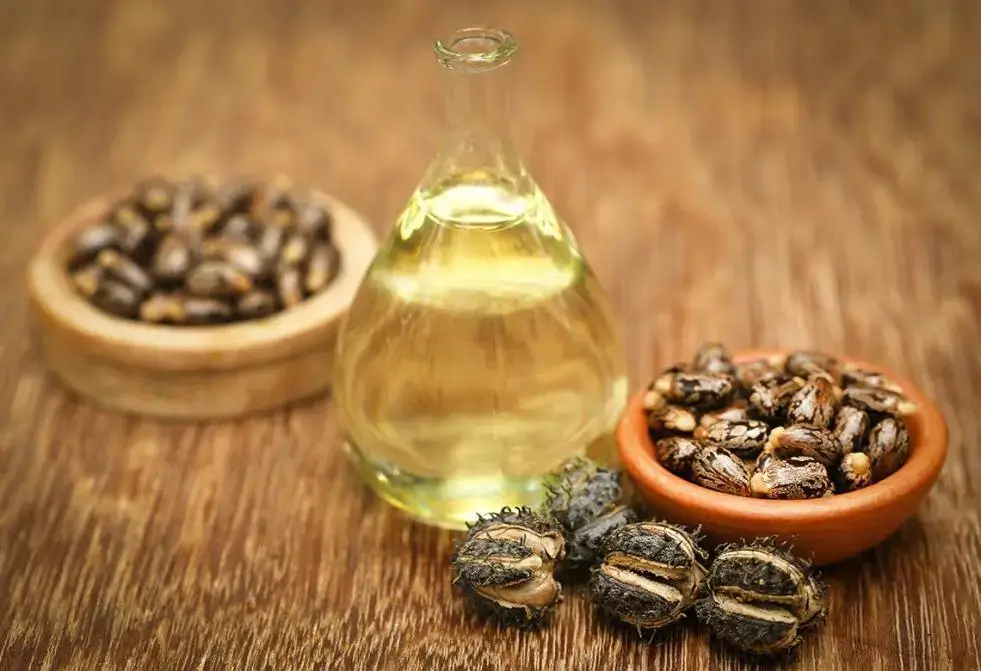
Rich in ricinoleic acid, castor oil is lauded for its ability to enhance hair thickness and stimulate growth. Its antibacterial and antifungal properties make it beneficial for scalp health, preventing hair fall and supporting follicle strength. Castor oil is thick and best used when diluted with a lighter carrier oil, making it suitable for those looking to boost hair density and vitality.
Olive Oil: Damage Repair and Softness
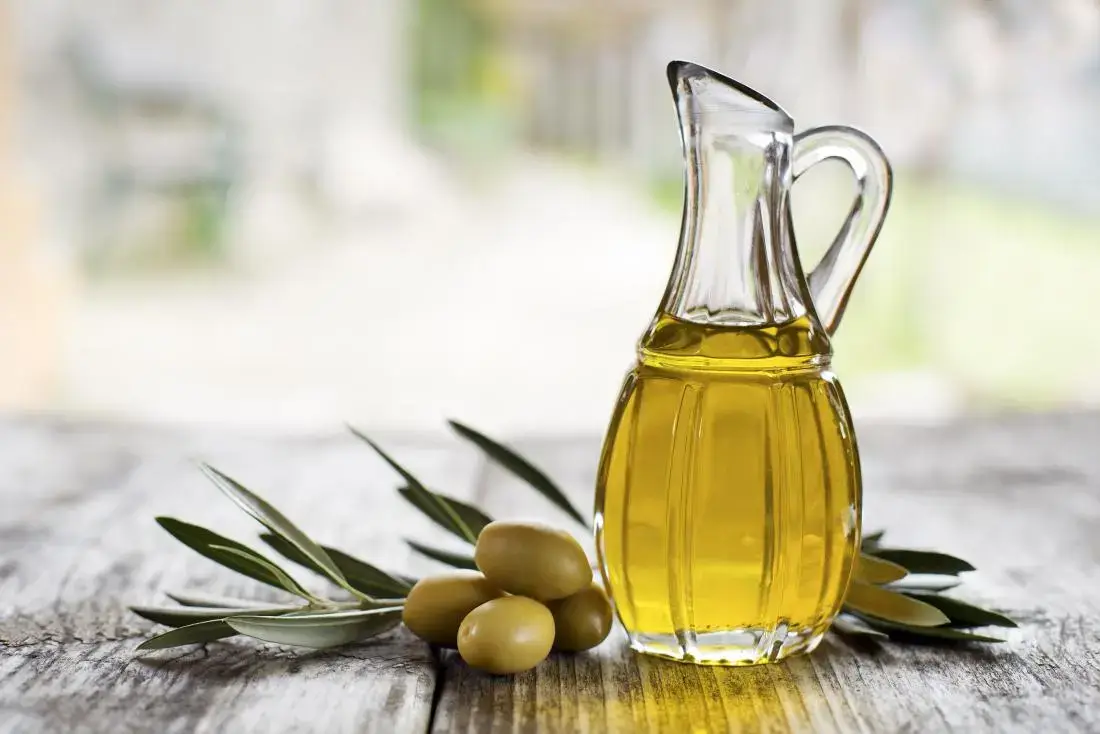
A staple in kitchen pantries, olive oil is also a miraculous elixir for hair, known for its damage repair and softening qualities. It’s packed with fatty acids, antioxidants, and vitamin E, which help to heal the hair from heat and styling damage, reduce breakage, and improve elasticity. Olive oil is particularly effective for thick, coarse, or dry hair, offering deep nourishment and enhancing softness and manageability.
Essential Oils for Enhanced Hair Health
Peppermint Oil: Stimulating Scalp Circulation
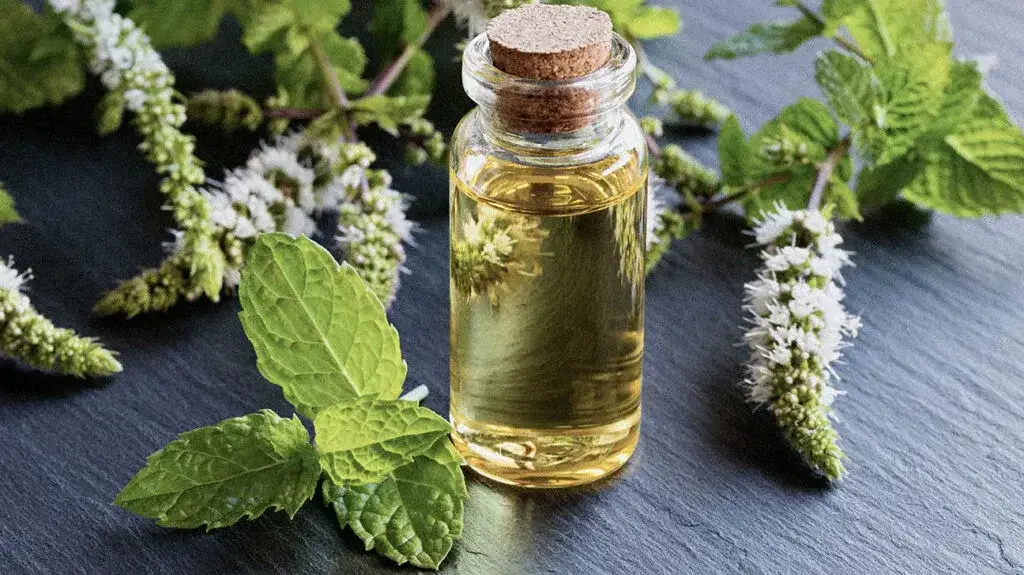
Peppermint oil is a powerhouse for invigorating the scalp, thanks to its tingling sensation that can help to increase circulation beneath the skin. This boost in blood flow encourages hair follicles to receive more oxygen and nutrients, potentially enhancing hair growth. A few drops of peppermint oil mixed with a carrier oil like jojoba or coconut oil makes for a stimulating scalp massage blend.
Tea Tree Oil: Dandruff and Scalp Health
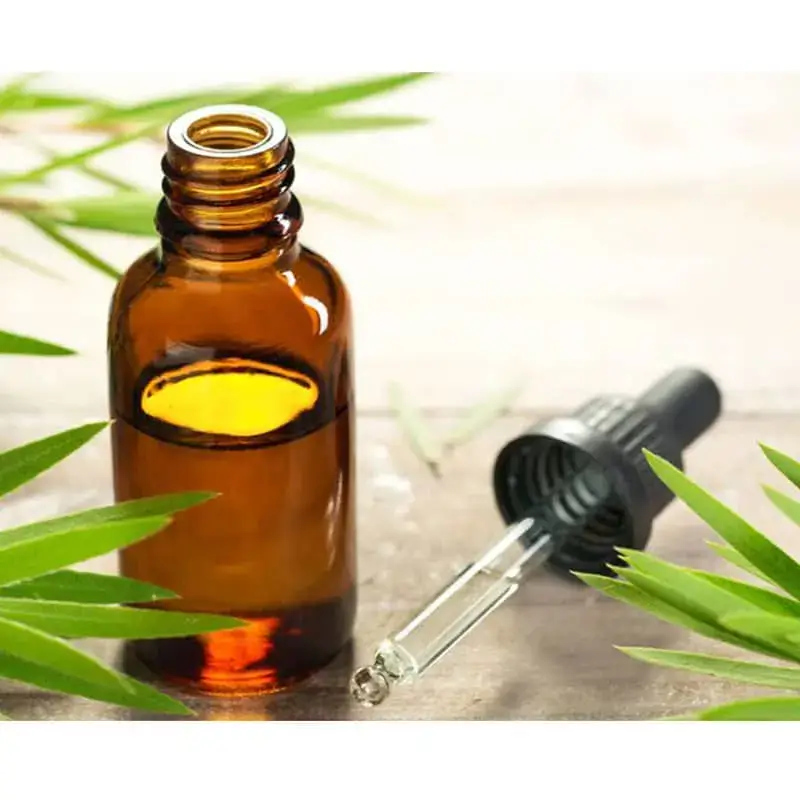
Tea tree oil is renowned for its antifungal and antibacterial properties, making it a go-to natural remedy for dandruff and scalp health issues. By helping to clear the scalp of dead skin cells and combat dandruff-causing yeast, tea tree oil keeps the scalp clean and healthy. Mixing a few drops into your shampoo or scalp treatment can help maintain a dandruff-free scalp.
Lavender Oil: Hair Growth and Scalp Calmness
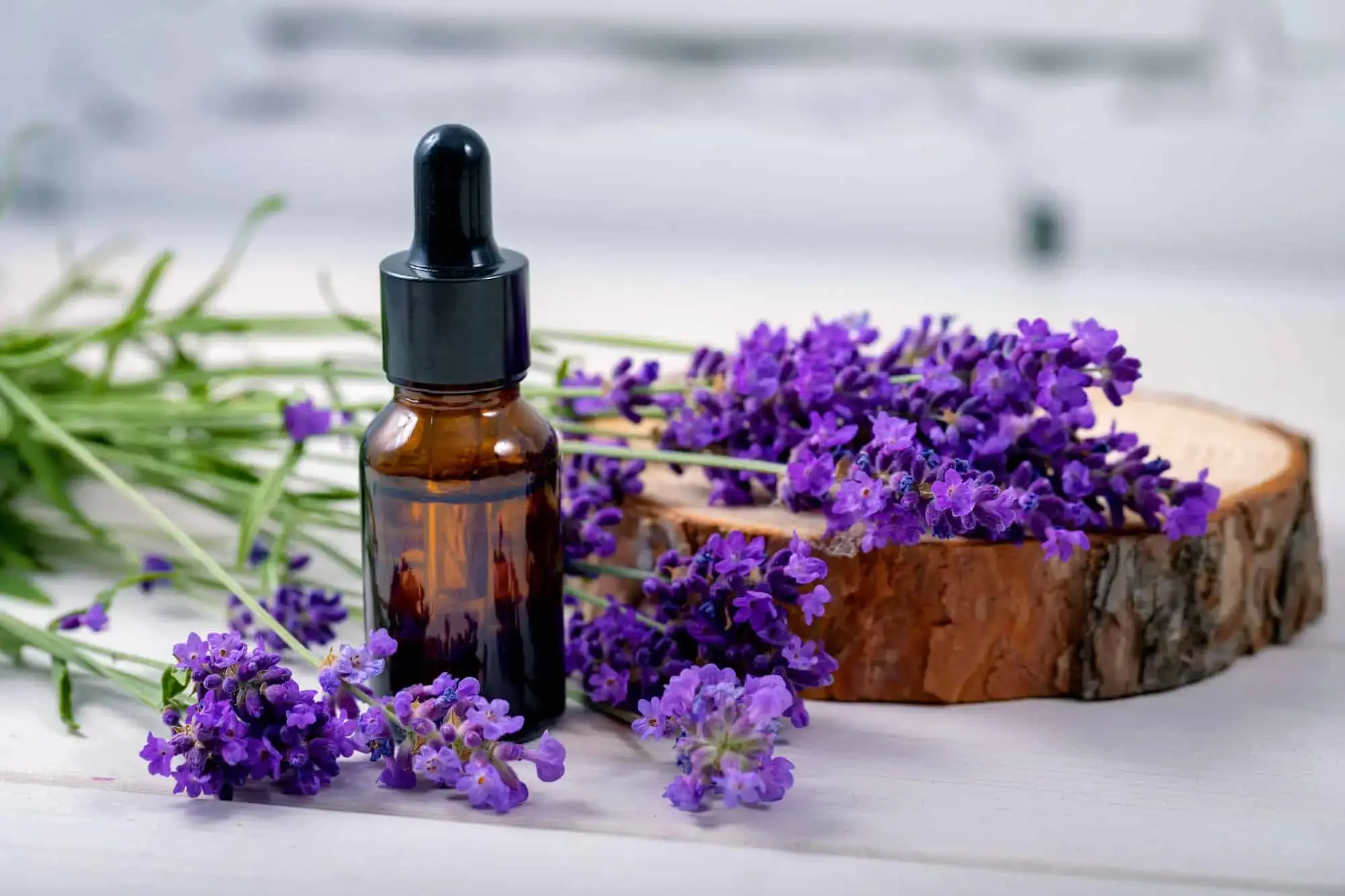
Lavender oil is not only soothing to the senses but also promotes hair growth and scalp health. Its anti-inflammatory and antimicrobial properties can reduce scalp inflammation and irritation, creating a healthier environment for hair growth. Regular massages with a blend of lavender oil and a carrier oil may also help in reducing stress, which is a bonus for overall hair health.
Rosemary Oil: Improve Thickness and Growth
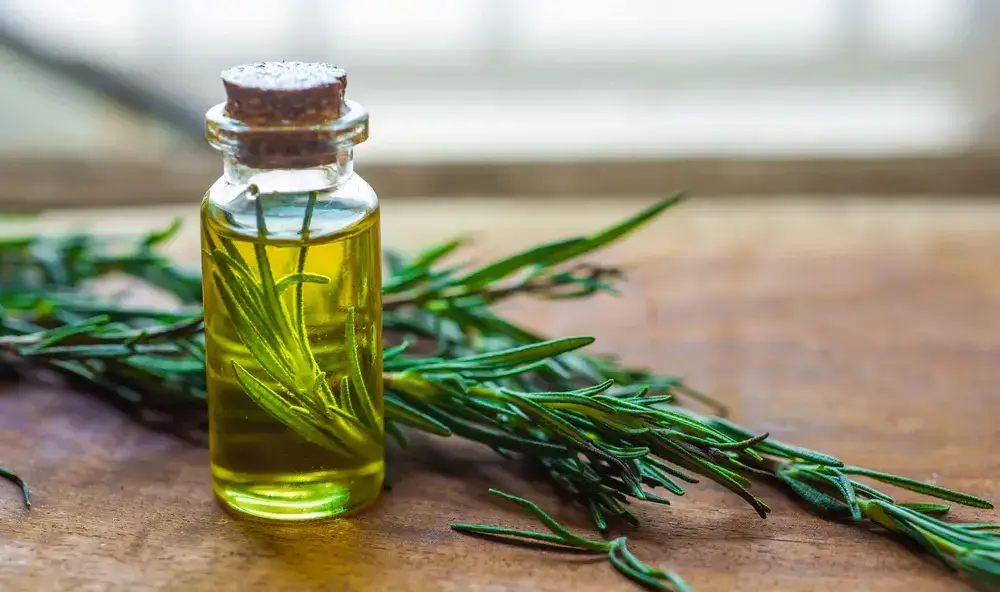
Rosemary oil is often associated with improved hair thickness and growth. Its ability to improve cellular generation and increase hair growth is supported by some studies, making it a popular choice for those looking to thicken their hair or combat hair loss. Diluted rosemary oil can be applied directly to the scalp or added to shampoo and conditioners for regular treatment.
How to Apply Natural Oils for Best Results
Pre-shampoo Treatments
Applying oils to your hair before shampooing can protect it from the harsh stripping effects of some shampoos. It can also provide a deep conditioning treatment. Coat your hair and scalp with an oil of your choice, leave it on for at least 30 minutes or overnight, then shampoo as usual.
Leave-in Treatments
For a quick moisture boost and frizz control, a small amount of light oil like argan or jojoba can be applied to the ends of damp hair. This can help seal in moisture, leaving hair soft and shiny without weighing it down.
Hot Oil Treatments
Warm oil penetrates the hair shaft more effectively. Heat a small amount of oil, test it to ensure it’s not too hot, then apply it to your hair and scalp. Wrap your hair in a towel or shower cap and leave it for about 30 minutes before washing out. This can be particularly rejuvenating for dry or damaged hair.
Mixing with Conditioner
Adding a few drops of oil to your regular conditioner can enhance its moisturizing properties. Essential oils like lavender or rosemary can add therapeutic benefits, turning your conditioner into a targeted treatment for hair growth or scalp health.
DIY Hair Care Recipes with Natural Oils
Moisturizing Coconut Oil Mask
Combine 2 tablespoons of coconut oil with 1 tablespoon of honey and an egg for a deeply moisturizing mask. Apply to damp hair, leave for 20-30 minutes, then shampoo out. This mask can restore moisture to dry hair, leaving it soft and shiny.
Argan Oil Serum for Split Ends
Mix a few drops of argan oil with jojoba oil for a simple, nourishing serum. Apply a small amount to the ends of your hair to help prevent and treat split ends. This serum can be used on damp or dry hair.
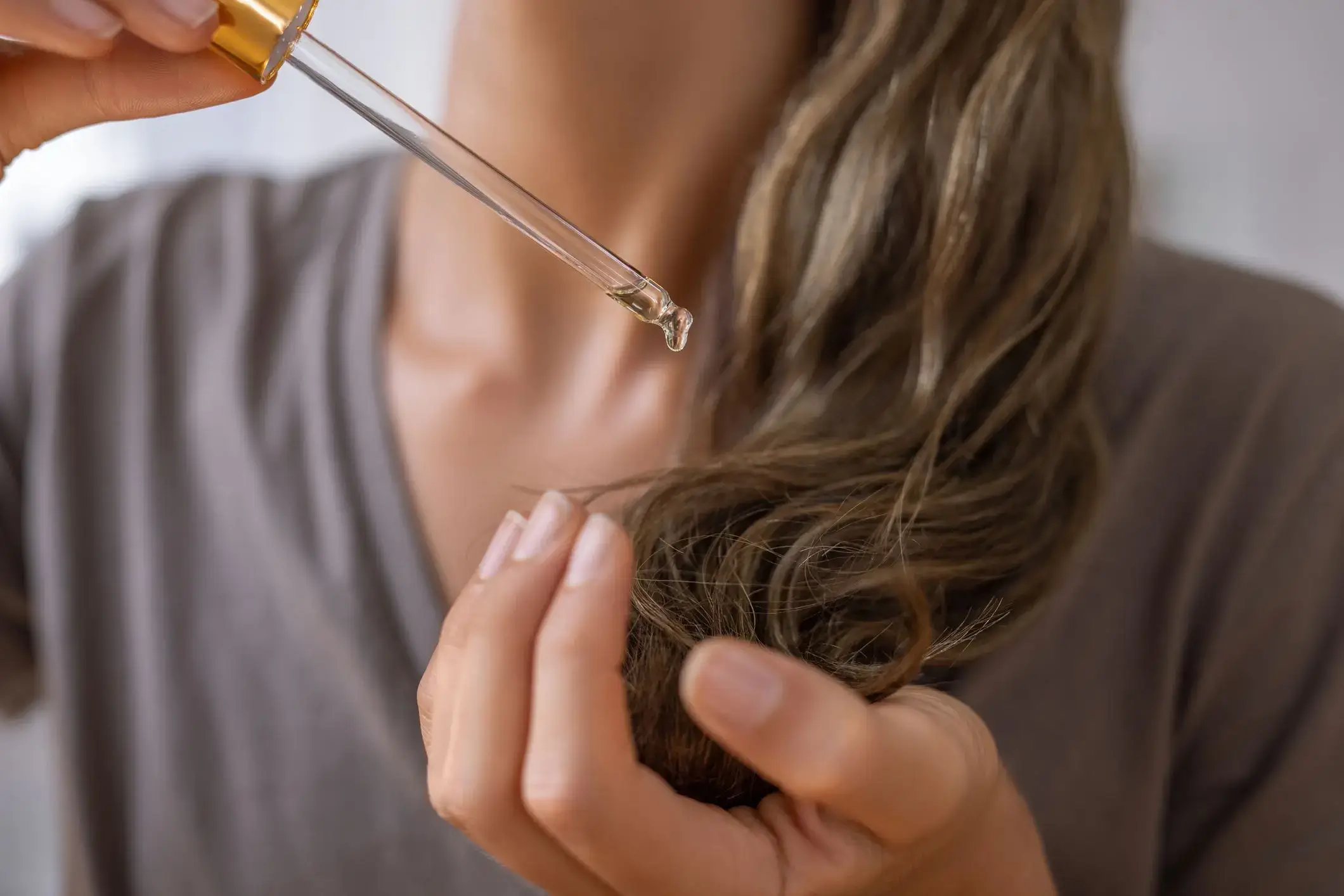
Jojoba and Lavender Scalp Treatment
Blend 3 tablespoons of jojoba oil with 5-7 drops of lavender essential oil for a calming scalp massage oil. This mixture can help soothe the scalp, reduce dandruff, and promote hair growth.
Precautions and Tips for Using Hair Oils
How to Avoid Greasiness
Start with a small amount of oil, focusing on the ends of your hair and avoiding the roots, especially if you have fine or oily hair. It’s easier to add more oil if needed than to remove excess.
Patch Testing for Allergies
Before using any new oil, especially essential oils, perform a patch test on a small area of skin. This can help ensure you don’t have an allergic reaction or sensitivity to the oil.
Understanding Your Hair Type
Different oils suit different hair types. Fine hair may benefit from lighter oils like argan or jojoba, while thicker or coarser hair might absorb heavier oils like coconut or castor oil more effectively. Tailoring your oil treatments to your hair type can produce better results.
The Science Behind Oils and Hair Health
How Oils Penetrate and Benefit the Hair Shaft
Natural oils play a crucial role in maintaining hair health by penetrating the hair shaft to provide moisture, reduce protein loss, and protect against environmental damage. Unlike synthetic products that may only coat the surface of the hair, certain natural oils have the ability to penetrate the cuticle and reinforce the hair’s natural lipid barrier. This enhances the hair’s ability to retain moisture, resulting in increased elasticity and reduced breakage. For instance, coconut oil’s molecular structure allows it to penetrate the hair shaft more effectively than other oils, providing deep moisturization and strengthening the hair from within. Similarly, olive oil contains oleic acid, which enhances its ability to penetrate the hair shaft and moisturize the hair.
The Role of Vitamins and Antioxidants in Hair Care Oils
Vitamins and antioxidants found in natural oils play a significant role in promoting scalp health and hair growth. For example, Vitamin E, commonly found in argan, almond, and avocado oil, is a powerful antioxidant that helps protect the scalp and hair from oxidative stress caused by free radicals. This protection is crucial for maintaining hair growth and preventing hair loss. Additionally, oils like jojoba closely mimic the scalp’s natural oils, providing essential nutrients and helping to balance oil production, which can aid in preventing hair conditions such as dandruff.
FAQs About Using Natural Oils in Hair Care
Answering Common Questions and Debunking Myths
Q: Can natural oils make my hair greasy?
A: When used in moderation and according to your hair type, natural oils should not make your hair greasy. It’s important to start with small amounts and adjust based on how your hair responds.
Q: Do natural oils cause hair loss?
A: There is no scientific evidence to suggest that natural oils directly cause hair loss. In fact, many oils are known to promote hair growth and improve scalp health.
Q: Can I leave oil in my hair overnight?
A: Yes, leaving oil in your hair overnight can maximize its benefits, especially for dry and damaged hair. However, it’s important to protect your pillowcase and wash your hair thoroughly the next day.
Conclusion
This exploration of natural oils in hair care has highlighted the scientific basis for their benefits, shared real user experiences that testify to their effectiveness, and addressed common questions and myths. The ability of natural oils to penetrate the hair shaft, nourish the scalp, and protect hair from damage is well-supported, both anecdotally and in research.
Encouragement to Experiment with Natural Oils
Every hair type is unique, and what works for one person may not work for another. Therefore, I encourage you to experiment with different natural oils and methods of application to find what best suits your hair needs. Start with small quantities, pay attention to how your hair responds, and adjust your routine accordingly.
Call to Action: Inviting Readers to Share Their Experiences
Have you experienced a transformation in your hair health through the use of natural oils? Do you have a unique blend or method that has worked wonders for you? Share your stories, tips, and before-and-after photos in the comments below. Your insights could inspire and help others in their journey to healthier hair.


Reliable Hair Dryer Suppliers: How to Choose the Best

The Curly Hair Benefits of Using a Diffuser Hair Dryer

Diffuser Hair Dryers Explained: What You Need to Know

Common Mistakes to Avoid When Diffusing

How to Use a Diffuser Hair Dryer for Perfect Curls
Popular Post
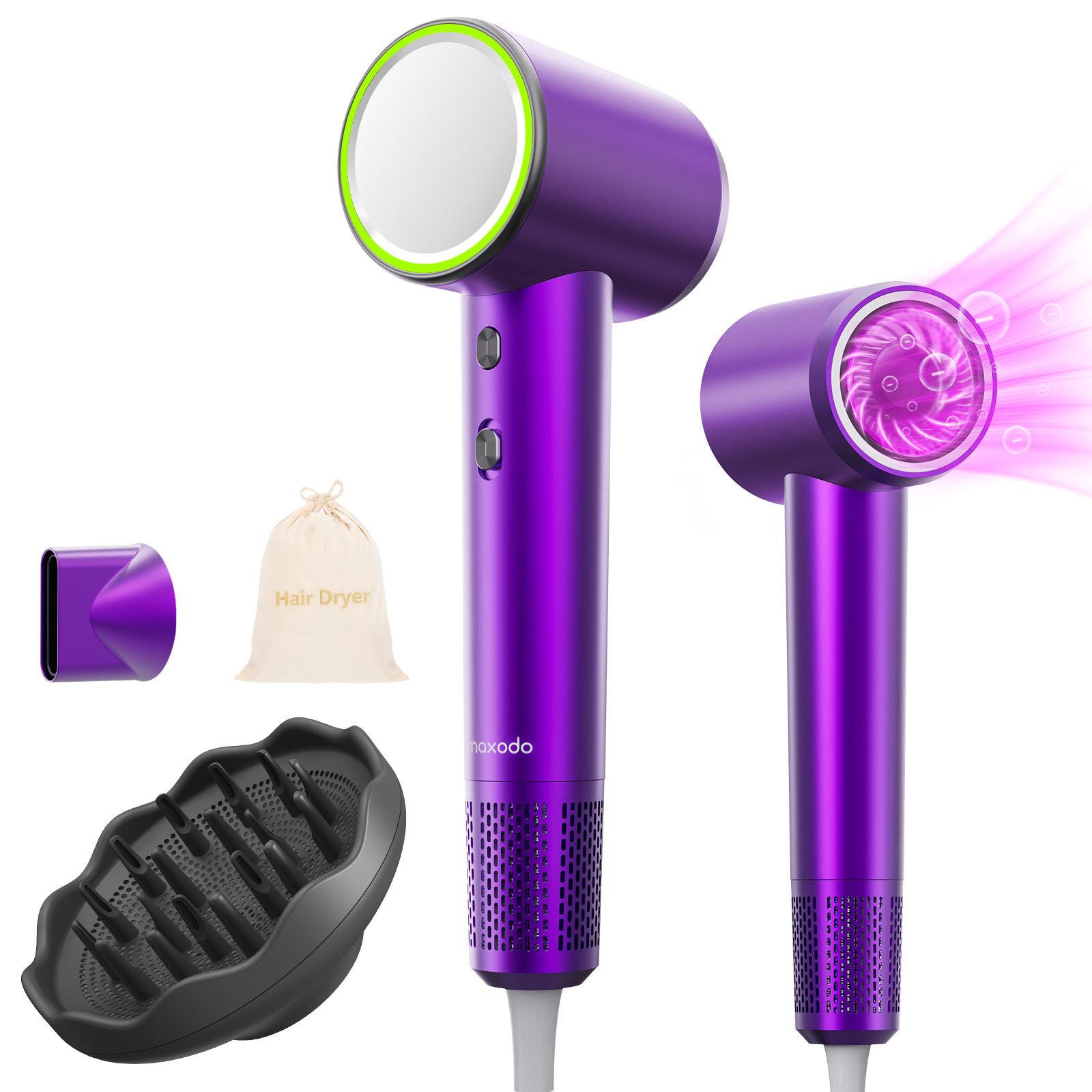
Purple Hair Dryer Guide: Top Picks for Perfect Styling

Reliable Hair Dryer Suppliers: How to Choose the Best
